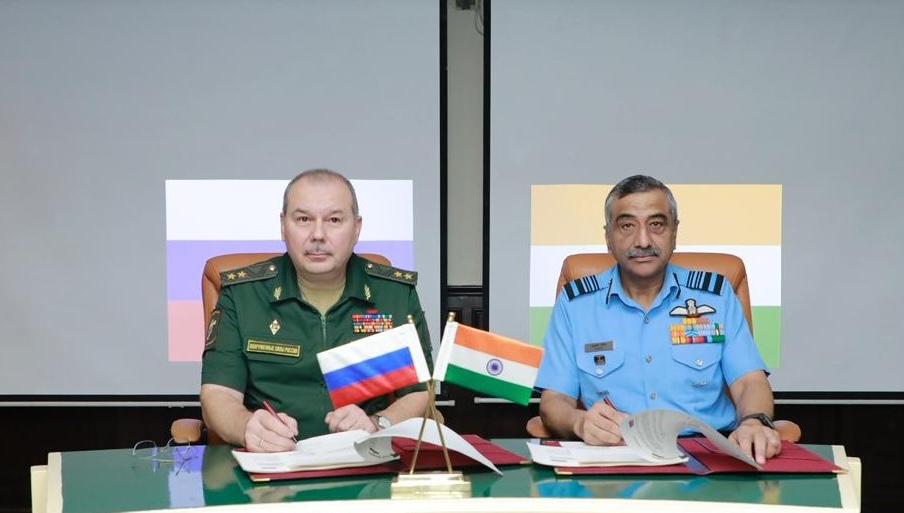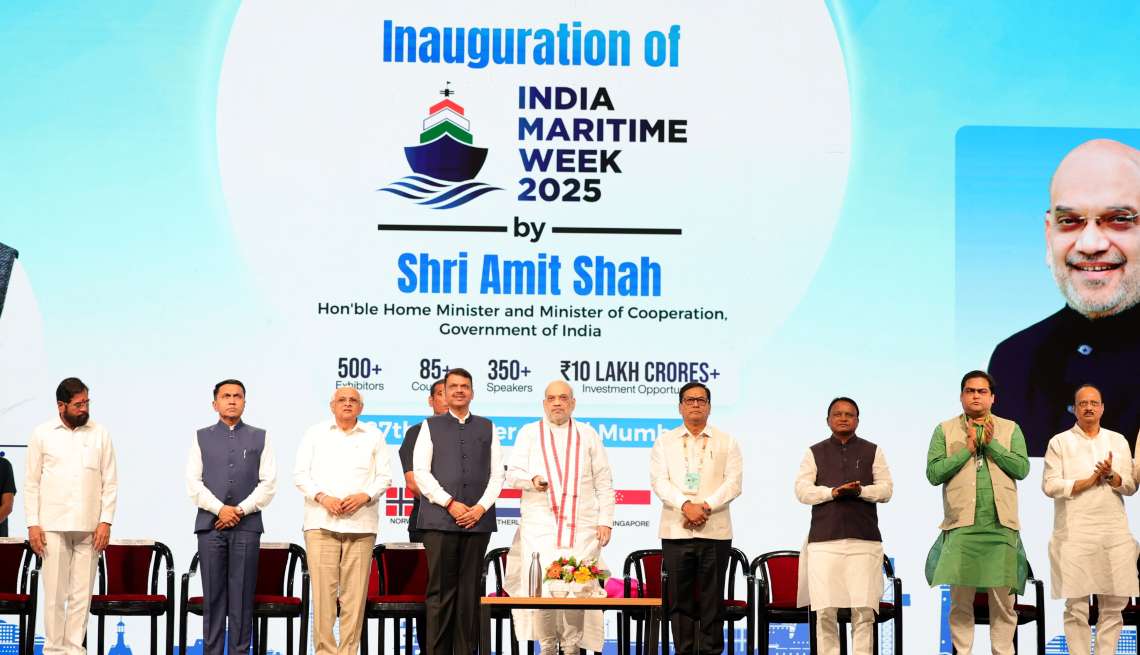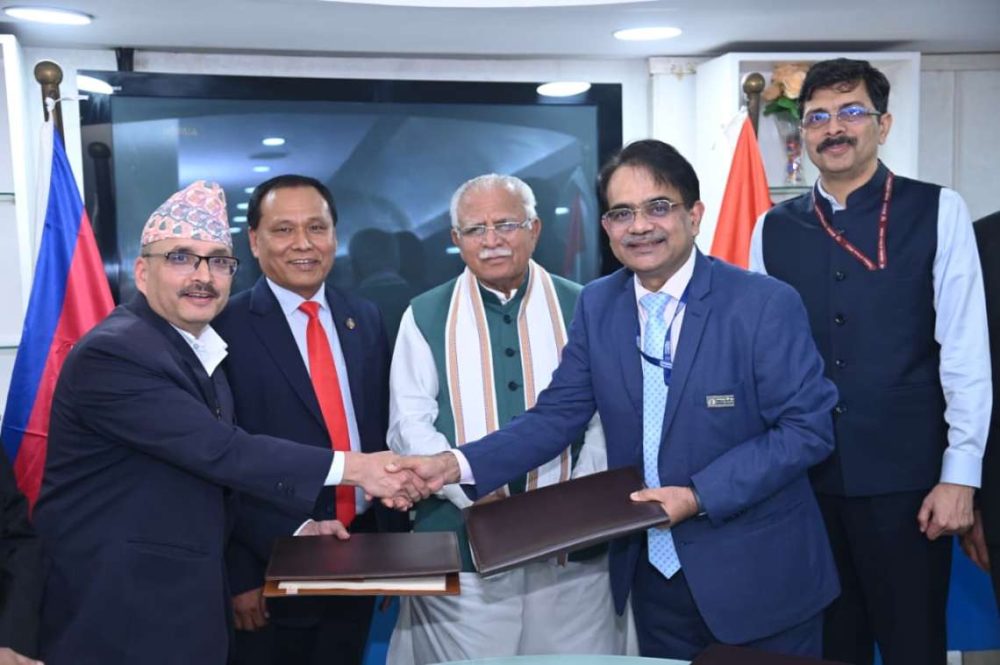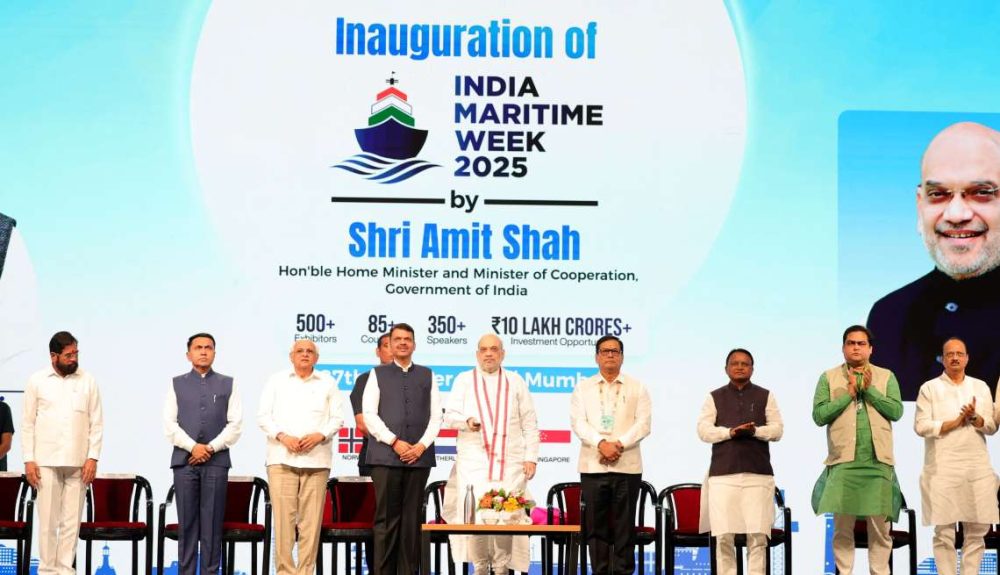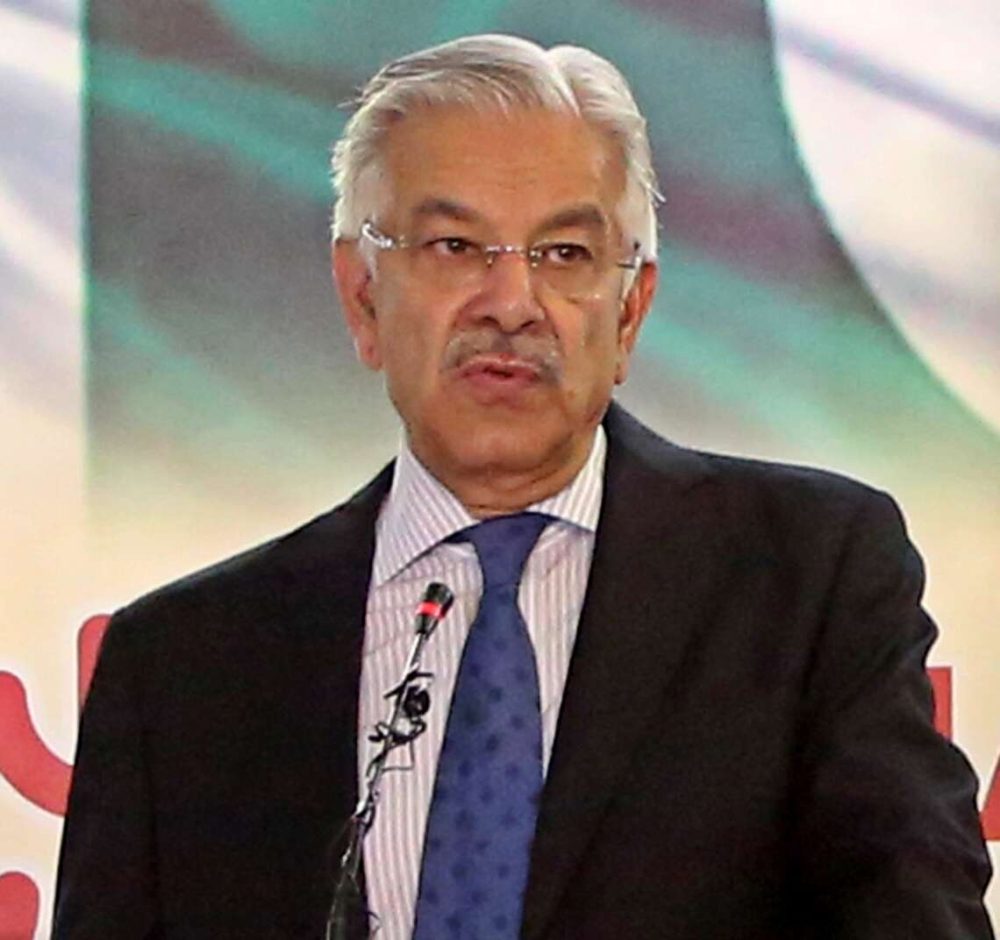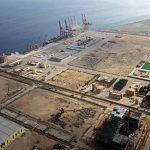US senators and experts warn of China’s “gray-zone warfare” strategy to expand control across the Indo-Pacific, as Taiwan reports escalating military and economic pressure from Beijing….reports Asian Lite News
The Chinese Communist Party (CCP) has come under renewed scrutiny for allegedly pursuing a long-term, calculated campaign to expand its territorial and maritime control across the Indo-Pacific — a strategy that experts say is designed to achieve dominance without provoking open conflict.
According to The Epoch Times, a recent hearing of the US Senate Foreign Relations Subcommittee on East Asia, the Pacific, and International Cybersecurity Policy drew attention to China’s creeping expansionism. Senator Chris Coons (D-Delaware) compared Beijing’s tactics to those employed by Russian President Vladimir Putin in Crimea in 2014, warning that the world risks witnessing “a replay of history in slow motion.”
Coons said that several US administrations had failed to mount an effective response because China’s manoeuvres were deliberately subtle, staying below the threshold of direct military confrontation.
Coercion without conflict
Experts testifying before Congress described China’s strategy as a form of “gray-zone warfare” — using coercive, illegal, and incremental means to expand influence while avoiding a formal declaration of war. Much of the concern focused on China’s growing military pressure on Taiwan and its sweeping claims over the South China Sea.
For decades, the CCP has been building artificial islands, deploying naval assets, and establishing military outposts to enforce its claim to nearly 80 per cent of the South China Sea — a region hundreds of miles from its coastline.
Despite the 2016 ruling by the Permanent Court of Arbitration in The Hague, which invalidated Beijing’s claims, China continues to assert what it calls “indisputable sovereignty” over the area. The Washington-based Centre for Strategic and International Studies (CSIS) reported that Chinese naval and maritime law enforcement vessels were involved in nearly 79 per cent of all major incidents in the South China Sea between 2010 and 2020.
Craig Singleton of the Foundation for Defense of Democracies told the Senate hearing that Beijing’s strategy is “incremental and ambiguous,” designed to gradually wear down regional opposition, particularly Taiwan’s defences.
Raymond Powell of the SeaLight Foundation warned that “the world is already decades into losing a gray-zone war” against China’s slow and systematic aggression, arguing that the CCP’s tactics aim to normalise its territorial control over time.
Rising tensions near Taiwan
The warnings from Washington coincided with a sharp escalation in Chinese military activity near Taiwan. According to Taiwan’s Ministry of National Defense (MND), nine Chinese military aircraft and seven naval vessels were detected around its territorial waters as of 6 a.m. local time on Thursday. Of the nine aircraft, six crossed the median line — an unofficial boundary in the Taiwan Strait — entering Taiwan’s northern and southwestern air defence identification zones (ADIZ).
The MND said in a post on X, “Nine sorties of PLA aircraft and seven PLAN vessels operating around Taiwan were detected up until 6 a.m. today. Six out of nine sorties crossed the median line. We have monitored the situation and responded accordingly.”
A day earlier, Taiwan detected 26 Chinese aircraft and seven naval vessels, with 18 of those aircraft crossing the median line. Taiwanese officials have reiterated that such actions form part of a “persistent campaign of intimidation” by Beijing.
Security risks and economic infiltration
The rising military pressure has been accompanied by growing concerns about Chinese infiltration into Taiwan’s key industries. According to the Taipei Times, Taiwan’s government is tightening national security mechanisms to prevent potential Chinese penetration of its medical cold chain logistics — a crucial system for vaccine and medicine distribution.
The move followed a Mirror Media report revealing that Pharma Logistics, which manages the medical logistics of nearly half of Taiwan’s leading hospitals, has links to Chinese political and military entities through its parent company, Kerry TJ Logistics Co.
Kerry Logistics’ parent companies are tied to Hong Kong’s KLN Logistics Group and KHL Holding, both of which share cross-investments with China’s SF Holding Co. SF Holding — the largest logistics firm in China — acquired Kerry Logistics in 2021 and maintains a “strategic cooperation” agreement with the People’s Liberation Army (PLA) Air Force under Beijing’s “military-civil fusion” framework.
The revelations have heightened fears that China could exploit commercial and civilian channels to exert influence or collect intelligence within Taiwan’s critical infrastructure sectors.
A decades-long push
Observers argue that China’s strategy is neither sudden nor reactive but a decades-long plan aimed at reshaping the Indo-Pacific order in its favour. By combining military intimidation, economic entanglement, and political coercion, Beijing has been able to expand its reach while maintaining plausible deniability and avoiding direct confrontation with the United States.
As Senator Coons put it, “China’s expansion may be quiet, but its consequences are loud — for freedom of navigation, for regional sovereignty, and for the rules-based order itself.”
With tensions near Taiwan rising and Chinese influence extending deep into global supply chains, the Indo-Pacific is increasingly becoming a focal point for strategic competition — one that may define the balance of power in the 21st century.



